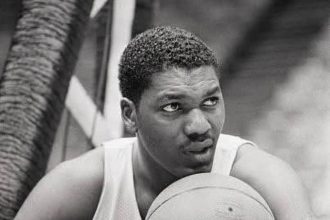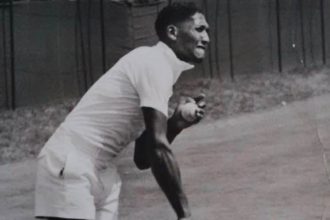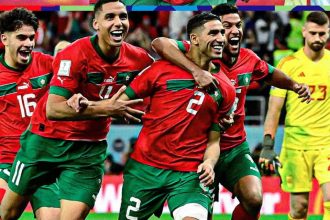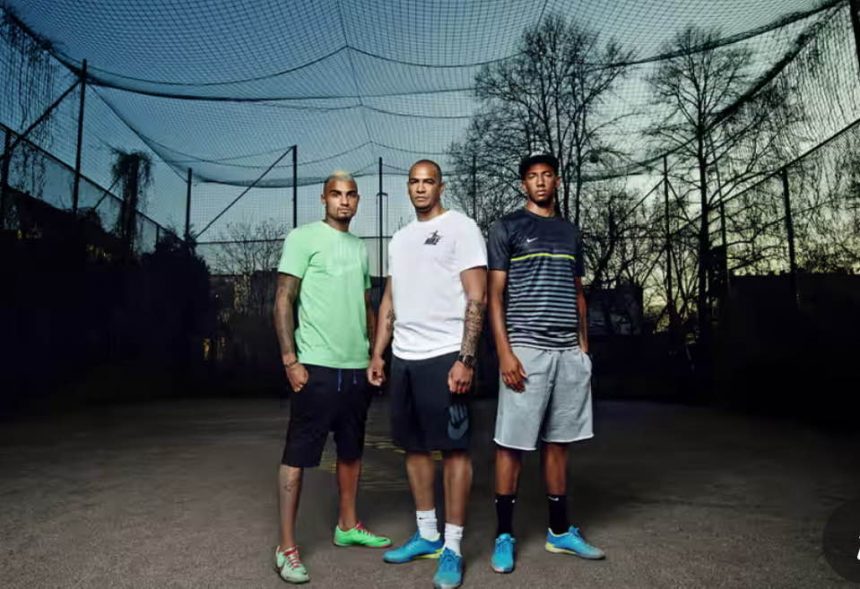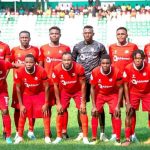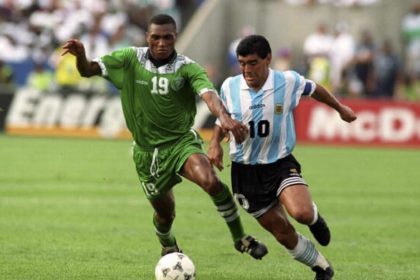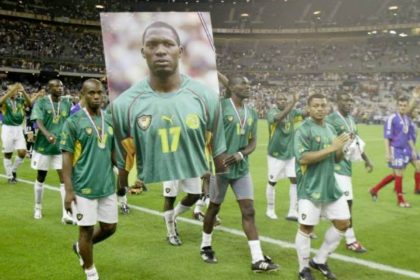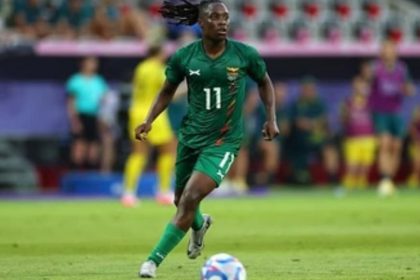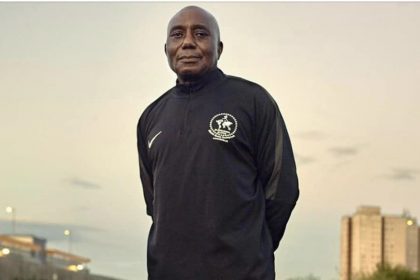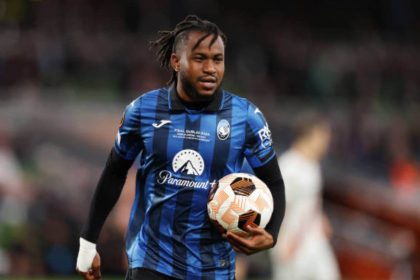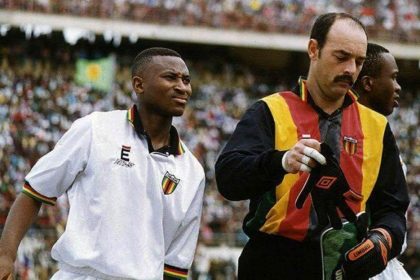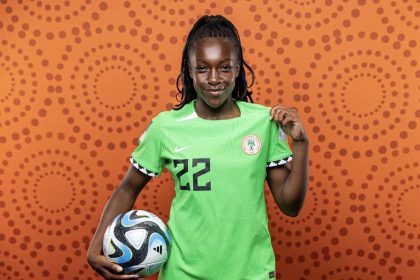In the sprawling metropolis of Berlin, a city woven in history and cultural intersections, the paths of two brothers diverged in an extraordinary tale of identity and heritage. Kevin-Prince and Jérôme Boateng, born to the same Ghanaian father but different German mothers, found themselves on opposite ends of the footballing spectrum, not just as players but as symbols of their dual ancestries. Their journeys, marked by triumphs and tribulations, reflect a unique narrative of African roots and European upbringing, coming together in a momentous encounter on the grand stage of international football.
There are many categories of citizenships but the focus of this article will be on the two citizenships’ types; ancestry (descent) and birth.
Unlike other categories of citizenships, citizenship by descent is a birthright. It is technically borne from birth but need to be activated by applying for it through the government. Ancestral root is not by choice but by accident of birth so it can’t be bought or wished away. Many things in life are determined by accident of birth. Many things are determined by who your parents are or where they were born. Because of who your parents are, you can automatically have unique opportunities that are not available to others of different parentage and circumstance.
African football history is littered with professional siblings; from the trio of Ayew brothers of Ghana (André, Jordan and Ibrahim), Okala brothers (goalies Patrick and Emmanuel), Odegbami brothers (Segun and Wole) both of Nigeria, the 3 brothers from Kenya (MacDonald, Victor and Thomas Wanyama), the Lukaku brothers (Romelu and Jordan) of Congolese descent that both played for Belgium and more recently to the Williams brothers of Ghanaian ancestry (Iñaki and Nico), Iñaki represented Ghana, his ancestral country while Nico played for his country of birth Spain in the just concluded Qatar 2022 FIFA World Cup.
The surge in Africans’ immigration to Europe started in the 80s, early 90s, probably the bigger influx in the 2000s, it was around this period that the two unrelated Ghanaians – Prince Boateng in 1981 and Felix Williams in 1994 – made long journeys across to Europe to seek better lives like other African migrants of that era.
Though the story of Felix Williams’ journey from Ghana evokes touching emotions. His wife Maria, was pregnant with Iñaki when both left Ghana. The couple crossed part of the Sahara barefoot. their first child Iñaki did not know the full extent of their story until he was around 20. He had known his father had problems with the soles of his feet, but not that scorching sand of the desert was the reason behind it.
Felix and Maria made it to the Spanish territory of Melilla in North Africa and later sought asylum in Spain after getting help from a Catholic priest called Iñaki Mardones (whose name the baby Iñaki inherited) who met the couple at Abando railway station when Maria was seven months pregnant, found them an apartment and took them to hospital for Iñaki’s birth, his brother Nico was born 8 years after. The Williams brothers grew through the youth system of Athletic Bilbao to become the first siblings to play for Athletic Bilbao since 1986. April 6, 2024 was a date they had with destiny when both of them started in the Athletic Bilbao’s side that prevailed over Mallorca in Copa del Rey final at the Estadio de La Cartuja Sevilla (Nico was the man of the match) in what is Athletic’s first major trophy in 40 years.
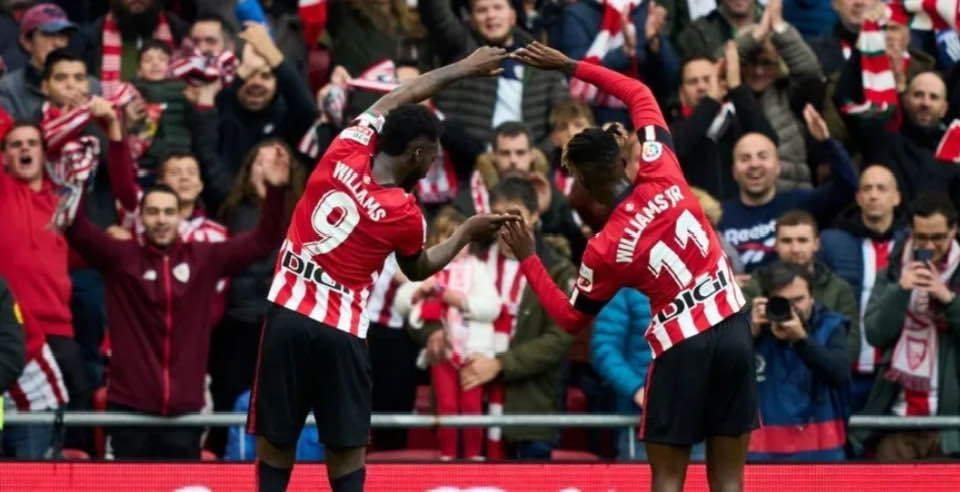
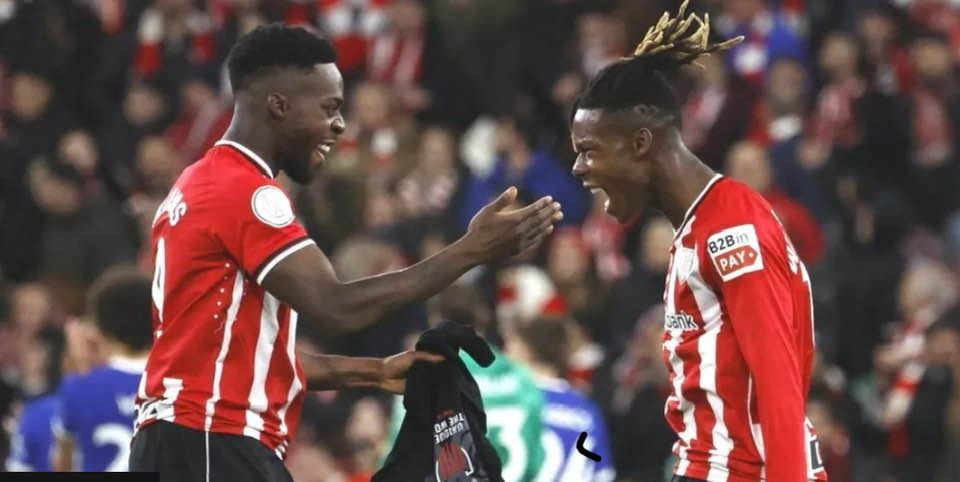
However, there may not be a more intriguing brotherhood than the three boys from the Boateng household: George, Kevin-Prince and Jérôme because despite the fact that Iñaki and Nico were born in Spain they are not of Spanish ancestry unlike Kevin-Prince and Jérôme Boateng who are of mixed heritage – Ghana and Germany.
In 1981 Prince Boateng moved to Berlin from Ghana too and had two sons, George and Kevin-Prince, in March 1987 through his first German wife. Jérôme, meanwhile, was born to Prince’s second wife just 18 months later (a German lady too) but they all grew up in the same city, often playing football together. The two younger brothers made the most of their talents unlike their senior brother George who derailed along the way. Kevin-Prince and Jérôme both played at the Hertha Berlin academy.
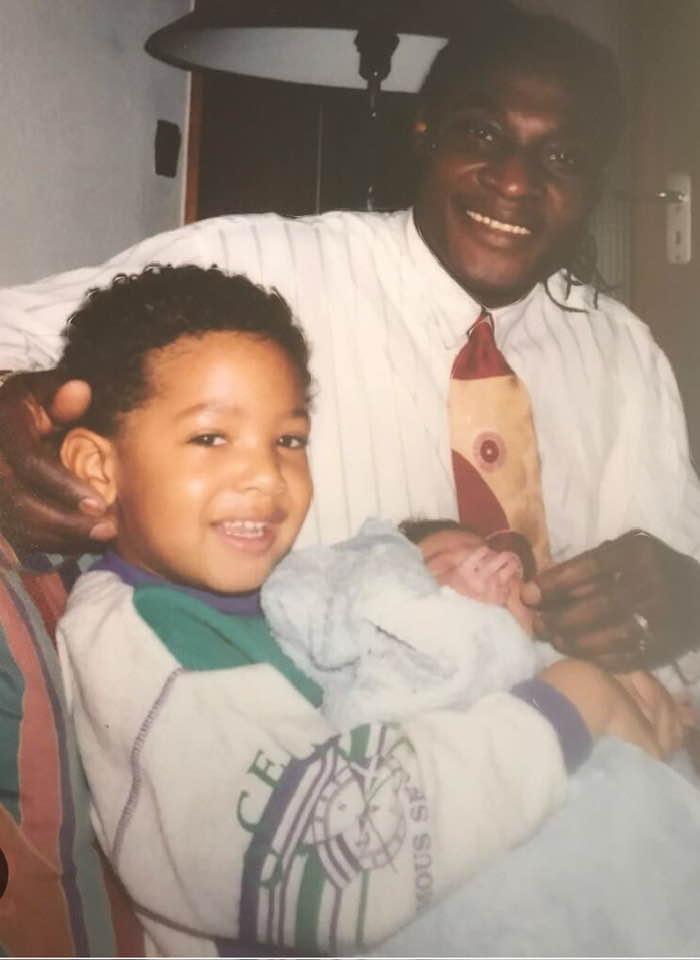
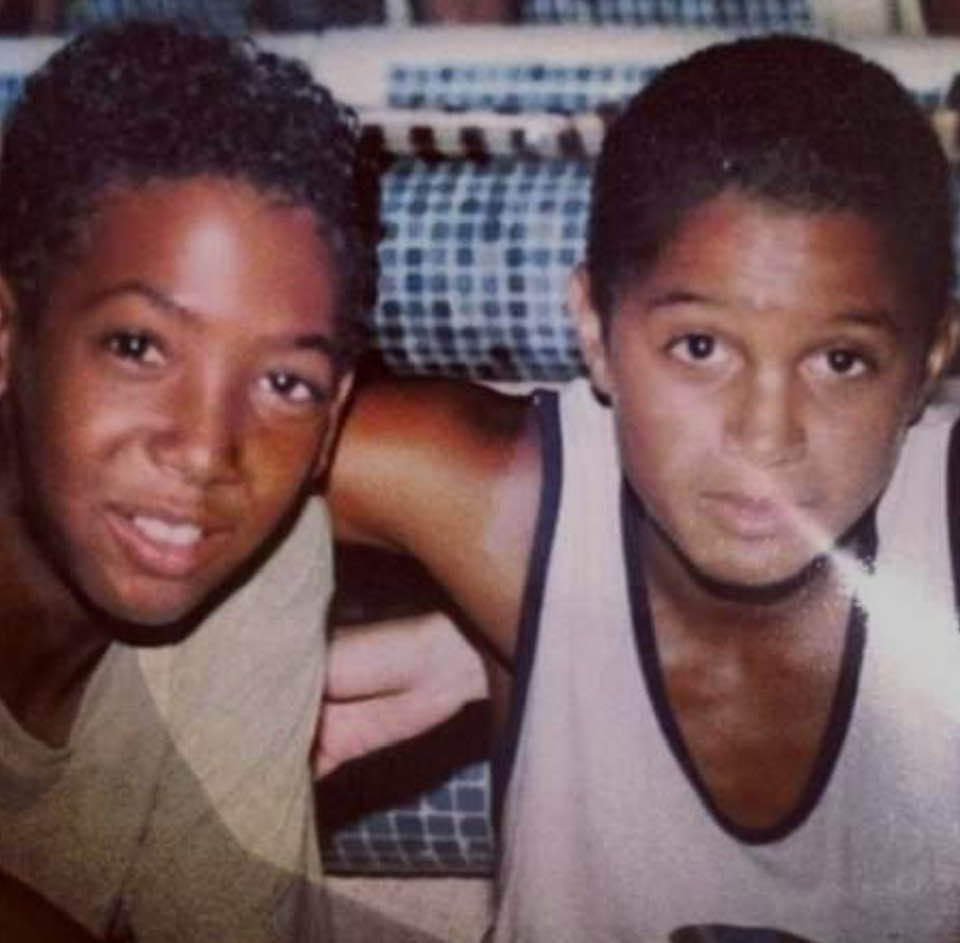
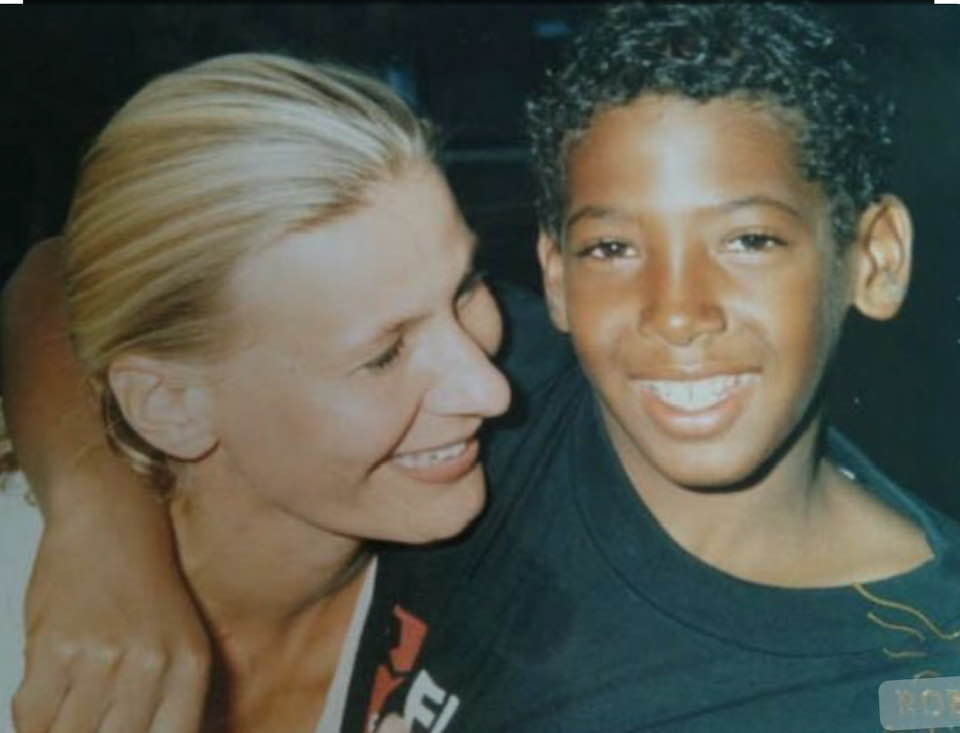
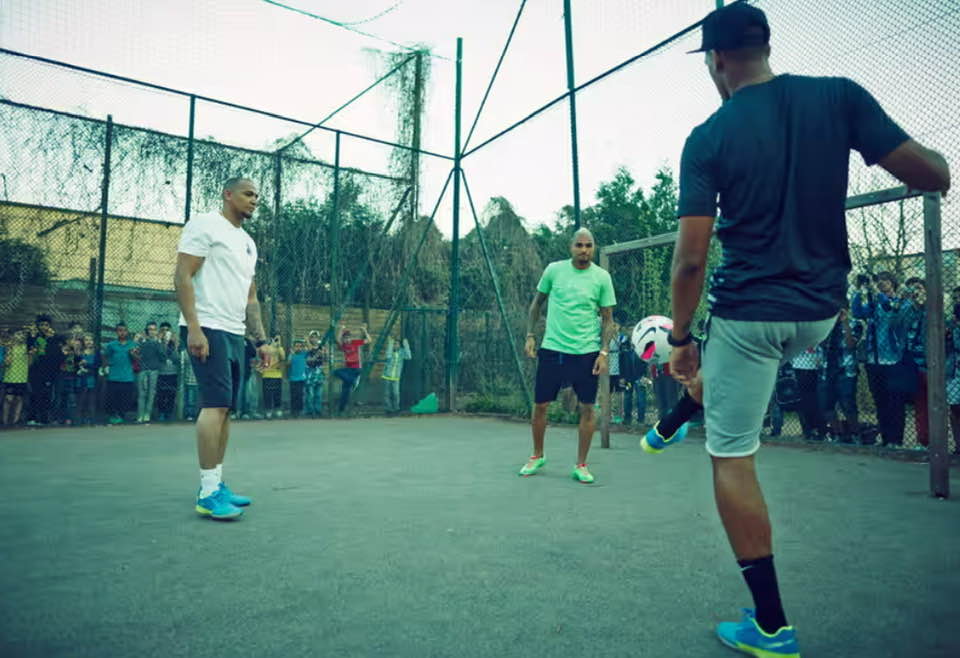
While Kevin-Prince was making waves as a bright forward, even representing the Germany youth teams. He won the prestigious Fritz Walter Medal in 2006, given to the nation’s best under-19 footballer, before moving to Tottenham a year later, Jérôme was doing well too. A year after his half brother won that medal, he achieved the same feat and then moved to Hamburg.
The turning point in international football history was January 2004 when FIFA’s eligibility rule for switch of international allegiance kicked off, this gave opportunities for Africans born in the diaspora to have alternative choices of playing for countries on any side of their roots. FIFA held an emergency congress to deliberate on new rules which were later amended again in March that year, this ruling permitted a player to represent one country at youth international level and another at senior international level, provided that the player applied before their 21st birthday.
FIFA later made the rule even more flexible to permit players who have not played more than 3 full international matches for the countries of their births to switch allegiance to the countries of their ancestors as long as they are 21 years or below and have not played for the countries of their births for at least 2 years before the application. It was around this period – specifically in 2006 – that things changed for Kevin-Prince. After a few years of representing his country of birth, He attempted to switch allegiance to Ghana his ancestral country unsuccessfully until a later amended ruling paved the way for his successful application in 2009 on time for Ghana’s preparation for the 2010 World Cup.
“I don’t feel German at all, even though I was accepted in Germany. I realized that my character and my principles didn’t suit them and vice-versa. So I made the choice to play for Ghana, and it was the best decision I ever made in my life.
I wanted to go to my country, to see my people and to get to know my roots. I’m really proud of my decision”, the elated Kevin-Prince said after receiving the nod from FIFA to represent Ghana.
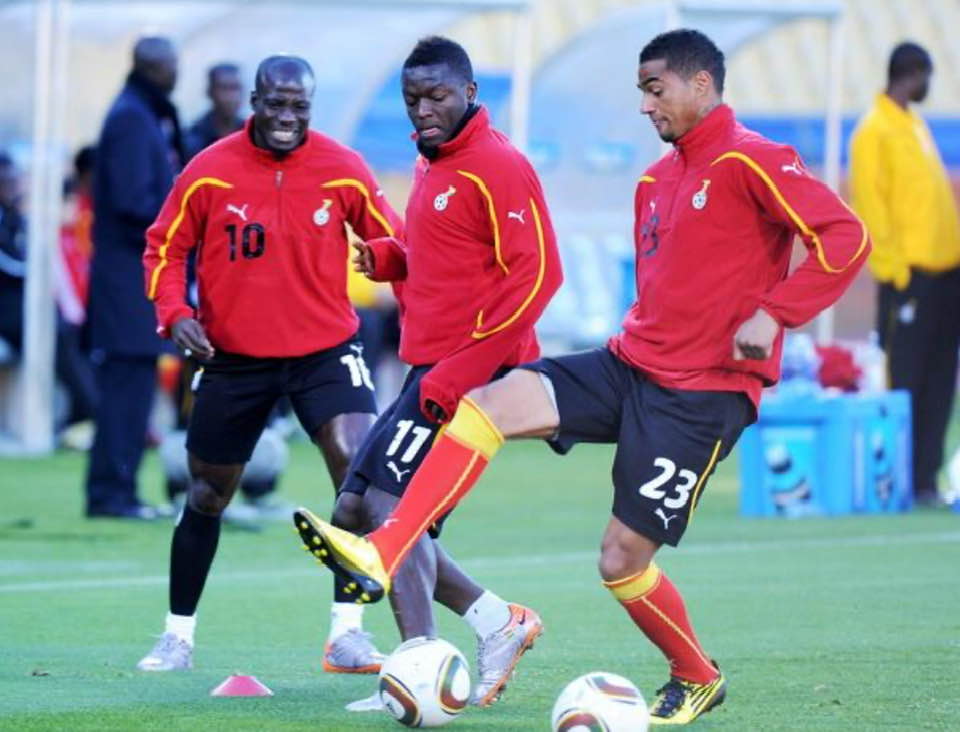
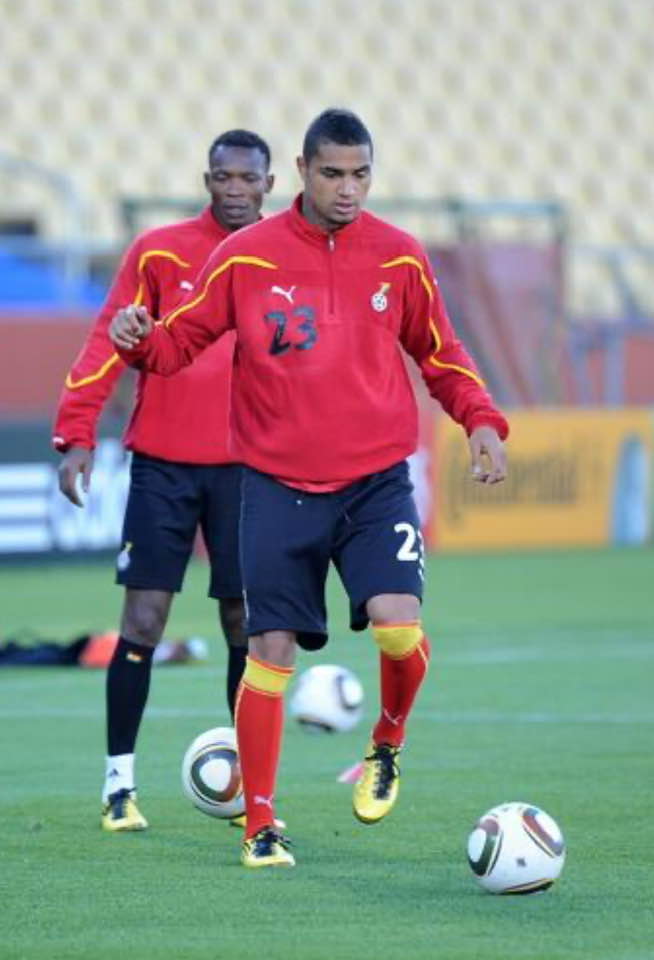
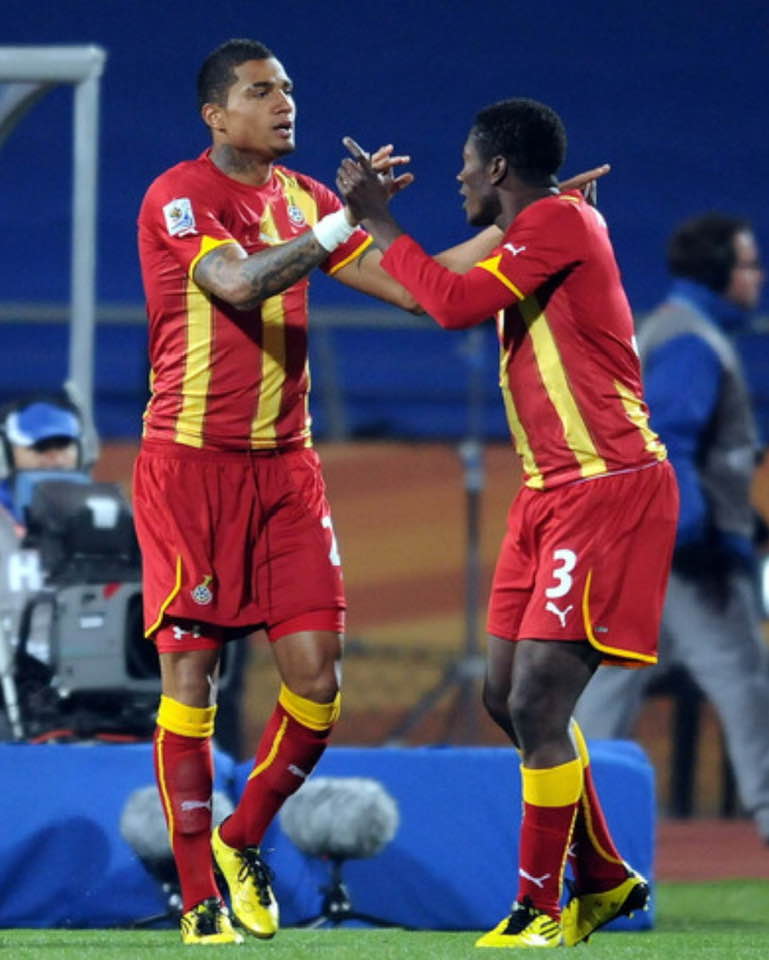
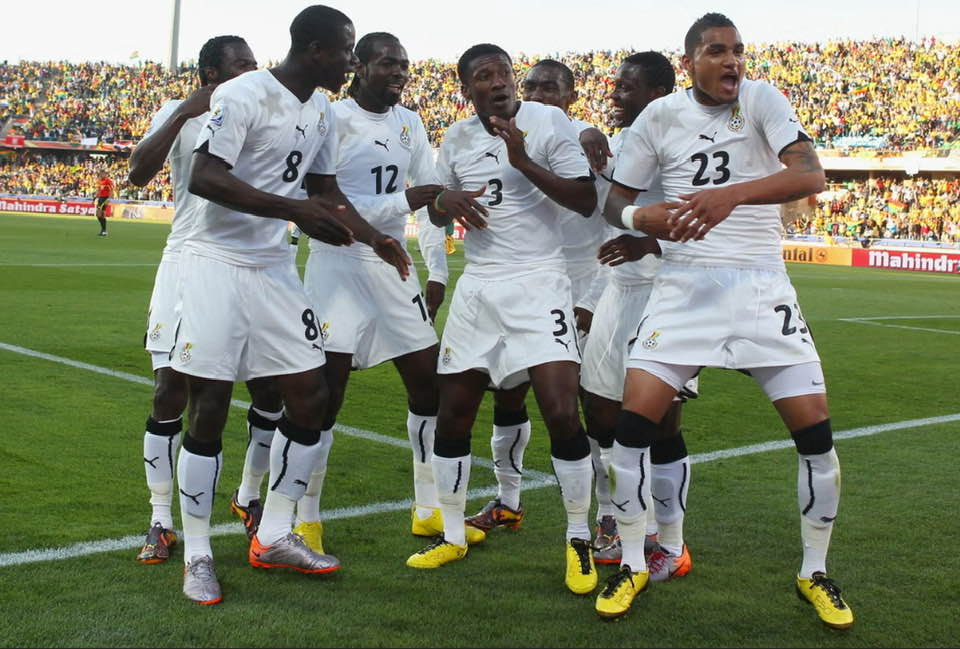
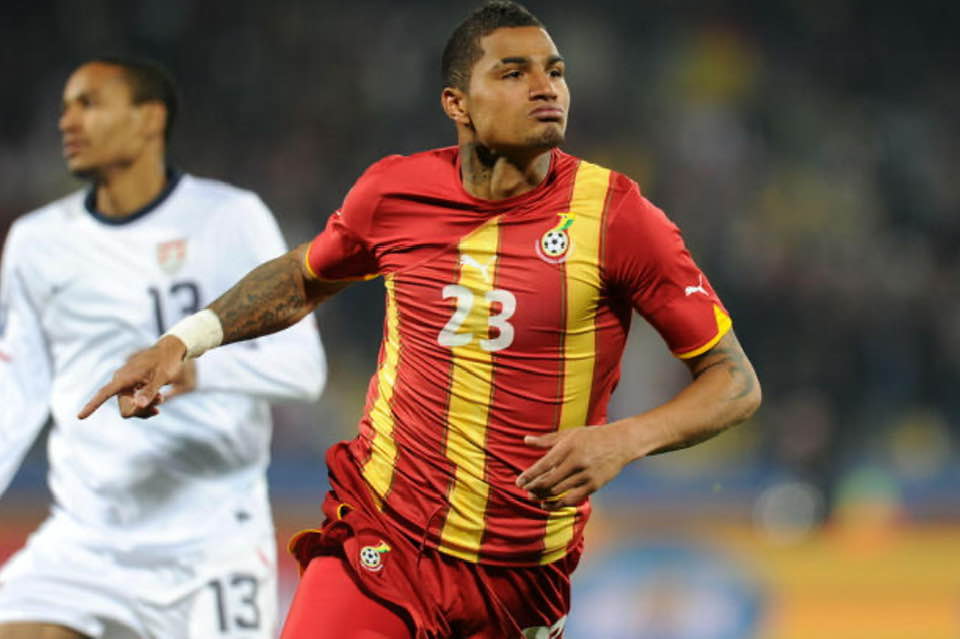
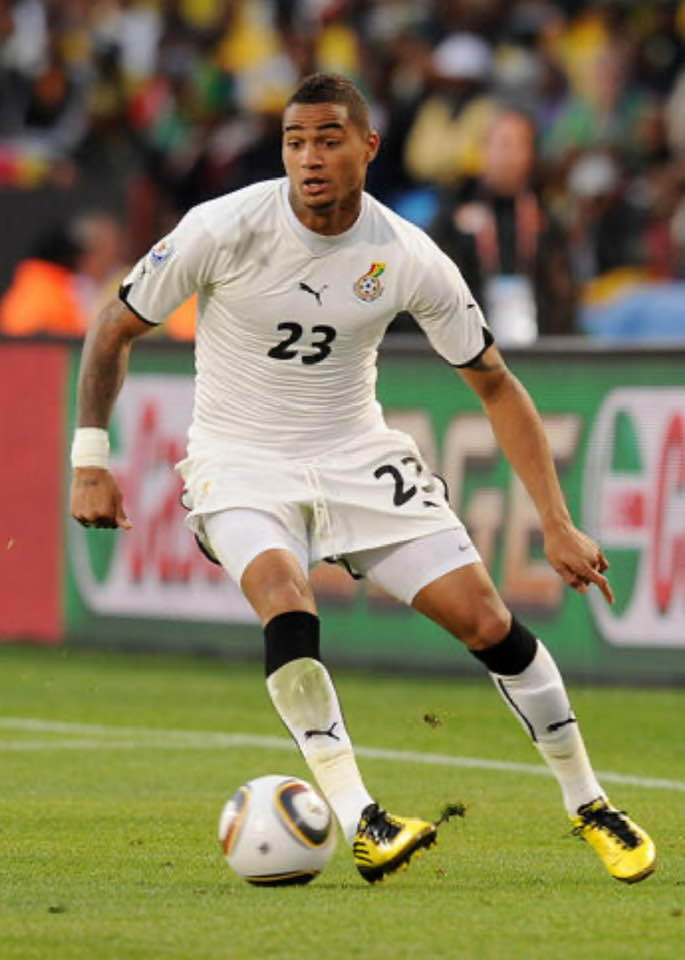
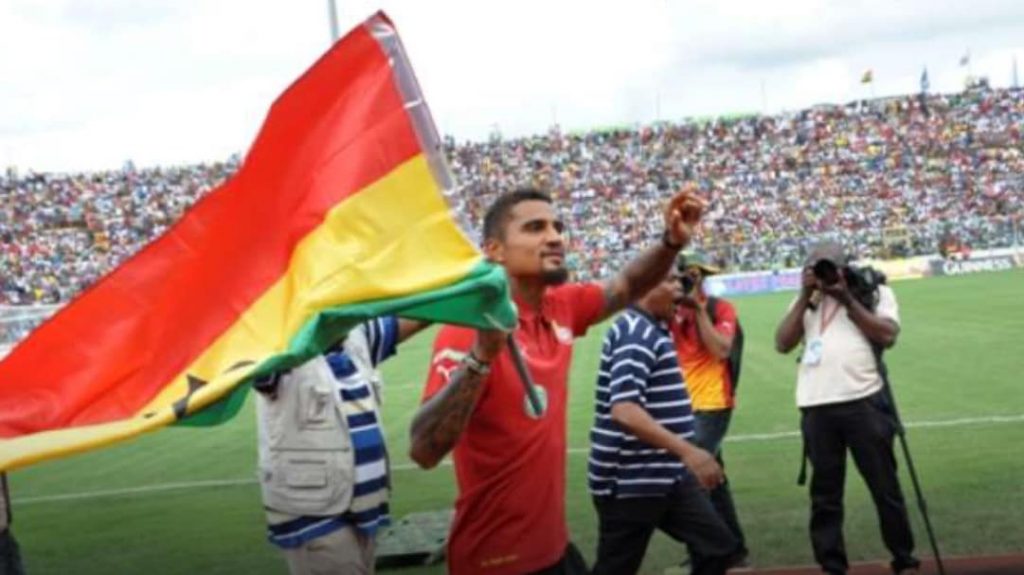
As destiny would have it for Kevin-Prince, the Ghanaian superstar Michael Essien sustained injury while playing during Ghana’s 2010 AFCON campaign, despite playing a pivotal role in securing the Black Stars’ qualification to the 2010 World Cup—the first on African soil—He had to sit out the tournament, It was a bitter blow, not just because a World Cup ought to be among the highlights of any player’s career, but because of what football fans across the African continent thought Black Stars would have achieved With Essien in the team but a midfield containing Anthony Annan, Kevin-Prince Boateng, Stephen Appiah, Kwadwo Asamoah, Andre Ayew and Sulley Muntari still held their own, beating Serbia and the United States, drawing with Australia and Uruguay, and only narrowly falling to Germany in Johannesburg on 23 June 2010. This match against Germany later turned out to be a unique moment in World Cup history. Over the years, football has seen many pairs of siblings represent their national teams, but on this particular occasion, two brothers played for different nations at the very highest level. This was a crossover when Jérôme and Kevin-Prince met at the opposite sides of their ancestries, representing Germany and Ghana respectively.
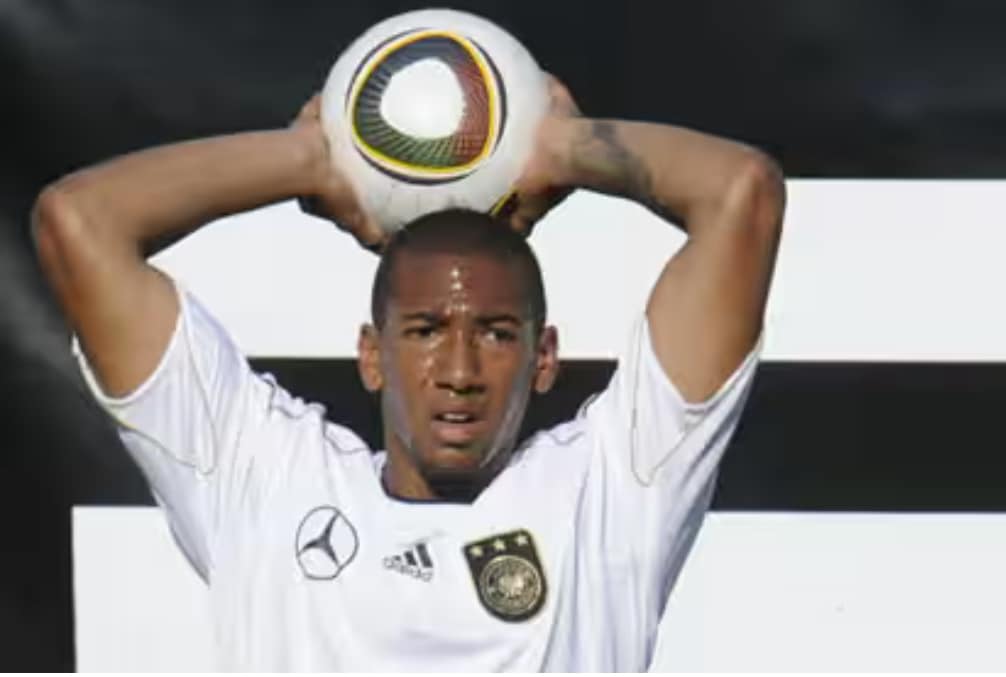
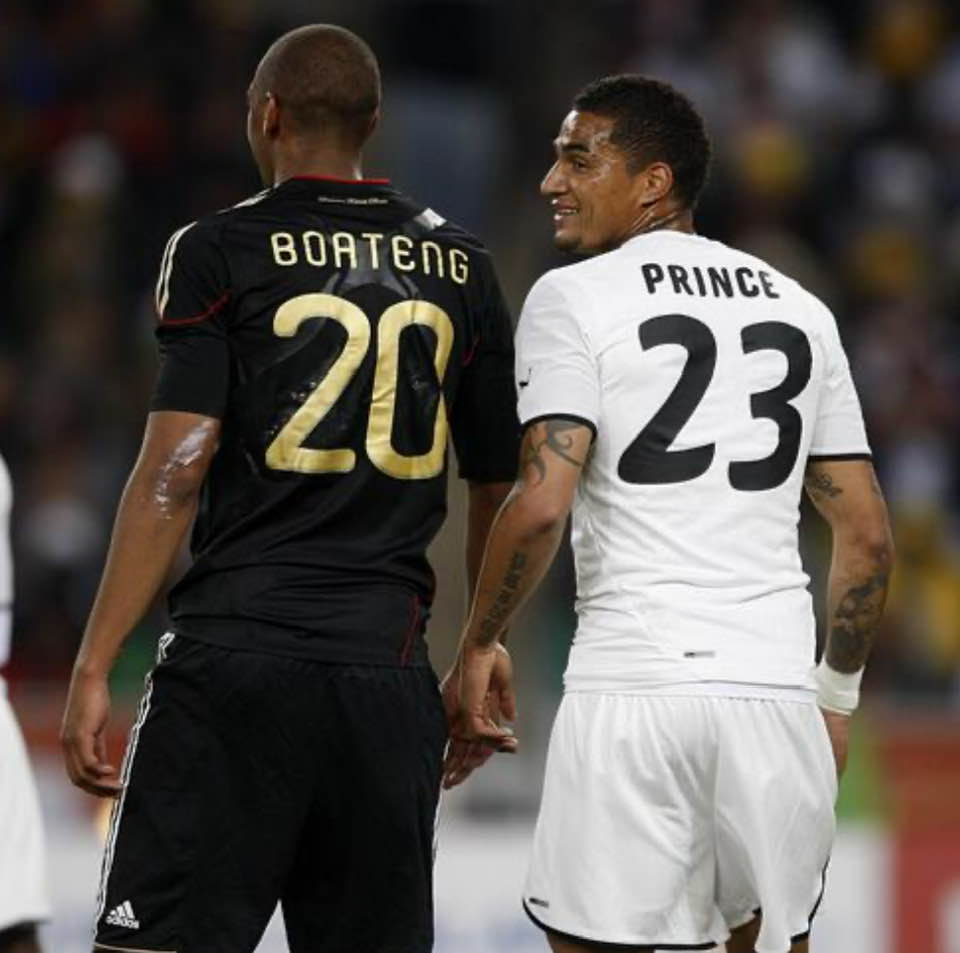
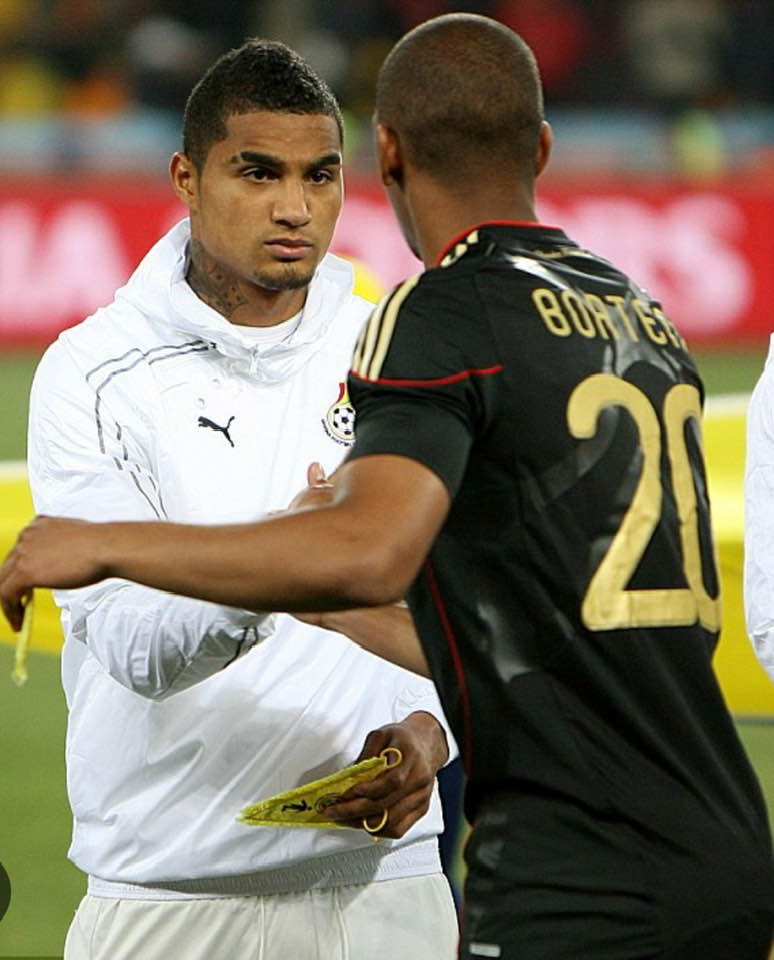
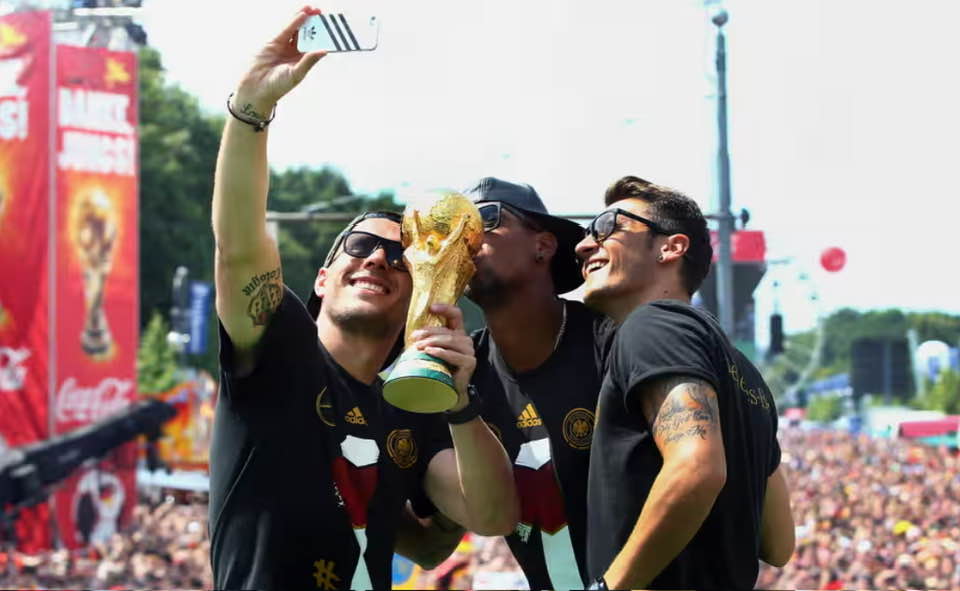
The Ghana Black Stars were led by Serbian coach Milovan Rajevac, a shrewd tactician who instilled real discipline in the team.
Around this period Ghanaian Boateng was a Villain back home in his country of birth Germany because the German fans weren’t happy with his tackle on Michael Ballack, Germany’s captain, in the FA Cup final a few weeks prior to the start of the World Cup, the injury shattered Ballack’s hope of participating in the World Cup. His brother Jérôme, hadn’t spoken to him in the days leading up to the tournament too because of same reason and these made the historical occasion even more interesting. On the pitch, the pair remained professional as ever. Joachim Löw’s team ended up winning that night, but this clash had more to it than just the three points.
This extraordinary Ghanaian team went all the way to quarterfinals of this Mundial only to lose on penalties to Uruguay after a blatant handball by Luis Suarez rescued a goal-bound header by the youth prodigy, Dominic Adiyiah that would have sent the Black stars to an historic Semifinals – that would have been the first its kind in the history of African football.
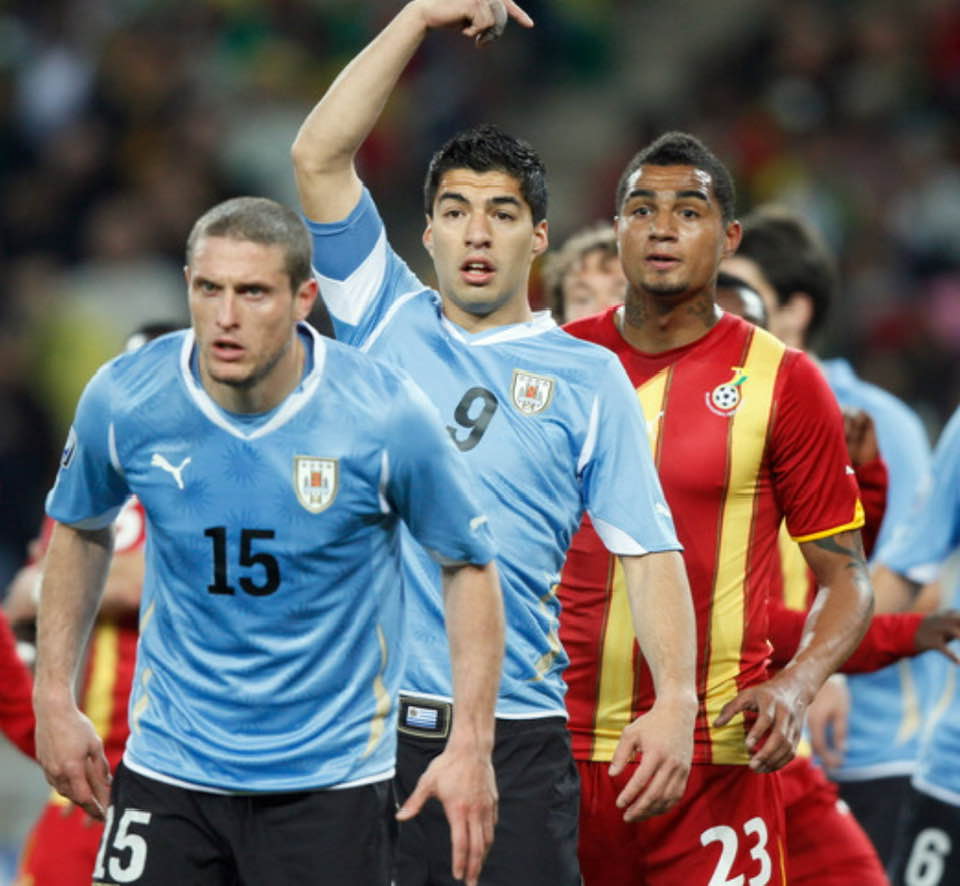
This was Africa’s World Cup; it was the arrival of the continent as a footballing force. But the ending could hardly have been more brutal but as for the Boateng brothers, their legends had been cemented in football’s folklore, their names had been etched in the sands of history and coincidentally this occasioned in their ancestral homeland, the continent of their forefathers in Africa. while Prince-Kevin shined brightly in this gorgeous Ghanaian side, his half brother Jérôme was at the same time a rock in the heart of the defence of the German side that roared to the semis. It was an historic crossover on the borderline of accident of birth and a unique moment in footballing history.
As the final whistle blew on their storied careers, Kevin-Prince and Jérôme Boateng left behind a legacy that transcended the pitch. Their lives, interwoven with the complexities of race, culture, and family, offered a strong reflection on the power of sport to bridge divides and celebrate diversity. Meeting on the field as adversaries yet bonded by blood, they became ambassadors of unity, embodying the spirit of two continents. In their shared journey, they reminded the world that while heritage can define us, it is our shared humanity that ultimately connects us.
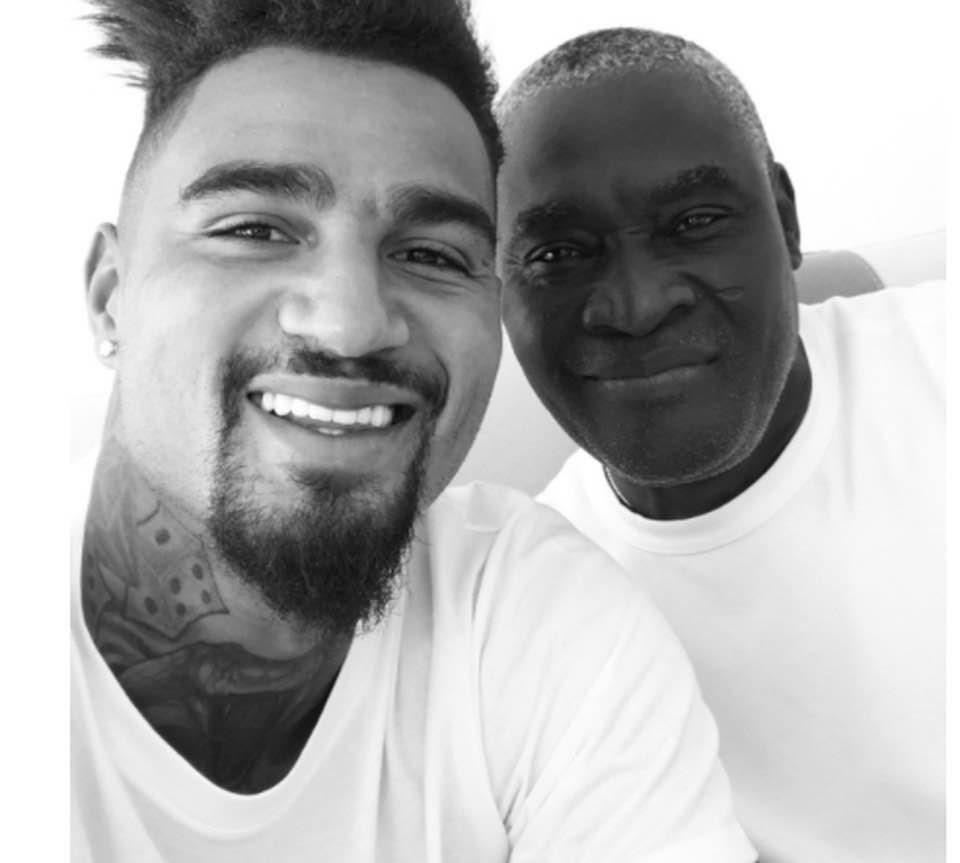
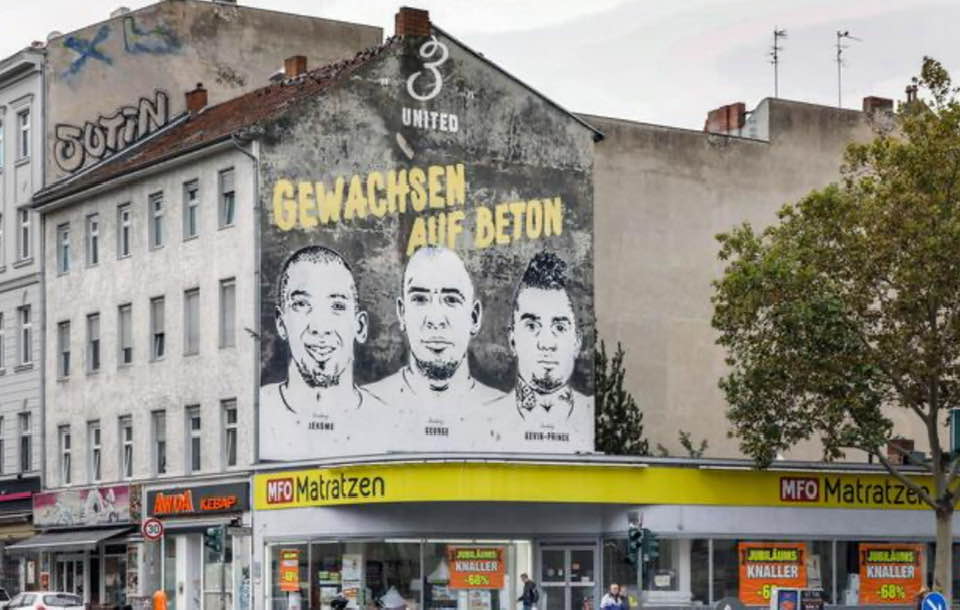
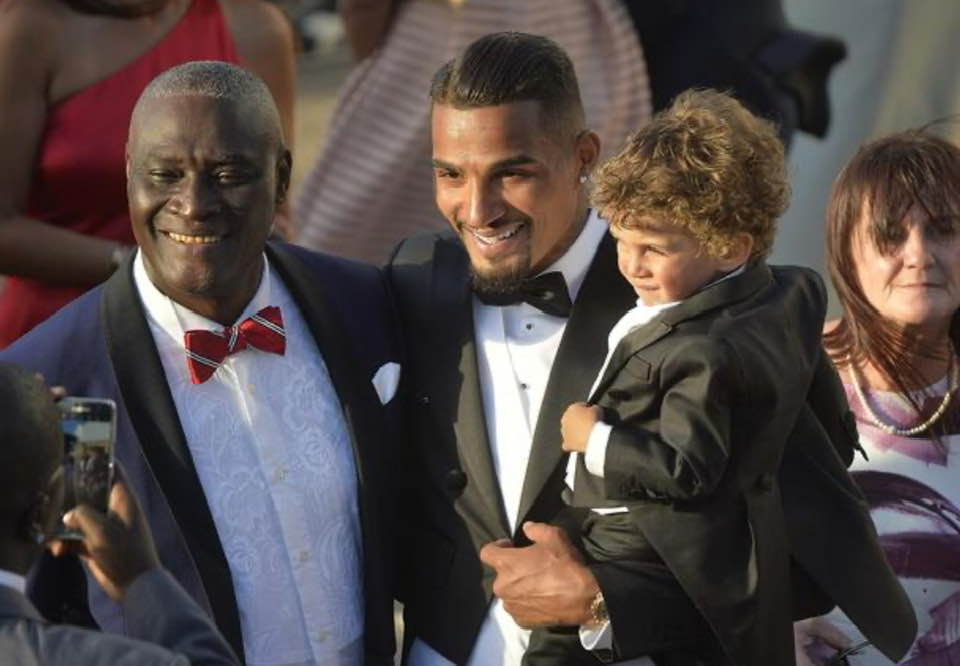
References
- Ghana’s heartbreaking 2010 World Cup a decade on: ‘I wish I could erase it from my memory’ By Callum Rice-Coates, Friday 12 June 2020
- George, Kevin-Prince and Jérôme Boateng: football’s intriguing brothers By Jason Humphreys for Englische Woche, part of the Guardian Sport Network, Jason Humphreys, Wed 22 Apr 2015
- KEVIN-PRINCE BOATENG: THE GIFTED, ABUSED AND UNPREDICTABLE STAR WHO FORGED A UNIQUE PATH THROUGH THE GAME by BILLY MUNDAY 14 January 2019
- REMEMBERING THE MADNESS OF THE 2010 WORLD CUP QUARTER-FINALS by DOMINIC HOUGHAM 30 March 2021
- KEVIN-PRINCE AND JÉRÔME BOATENG: THE BROTHERS WHO FACED OFF IN THE WORLD CUP by KARAN TEJWANI 15 February 2021
- Inaki and Nico Williams: Two brothers, one club and a 40-year wait By Alex Bysouth BBC Sport in Bilbao, 5 April 2024
YouTube link: https://youtube.com/@moorsportz?si=cGXJOuo9MZGMHUyU
Edited by Niyi Akinola
Contributions from Niyi Akinola.


